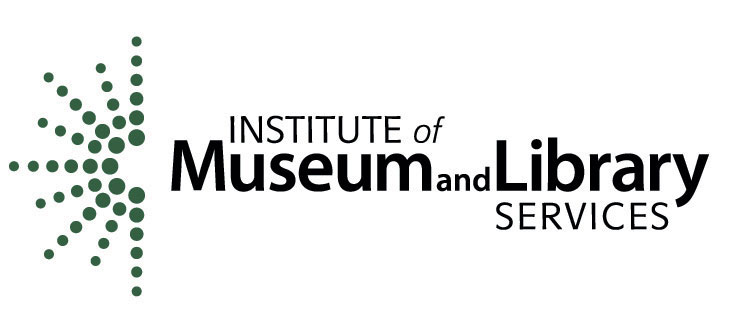Research Caucus Mentoring Program
If you have a research project question, find an expert who can provide assistance and advice!
The MLA Research Caucus Mentoring Program pairs librarians with research experience with librarians who are starting the research process. Mentors have a passion for research and experience in this field. Mentees are librarians who are new to research or a research area, and are seeking to find someone with research expertise to guide them through the process. Participants must be MLA members.
Why participate in mentoring?
- Mentors can give back to the profession.
- Mentors receive Academy credit (mentors receive 1 point per mentee - maximum 5 points per 5-year Academy membership).
- Mentees benefit from advice and feedback from an experienced researcher.
- Networking and professional growth for both mentors and mentees.
- Opportunities for collaboration and idea sharing have endless potential.
How to be a research mentor
- To be a research mentor, you must update your online profile.
- Log in to MLANET and select "My Options", then "My Profile". Click on the (top) edit profile icon on the left, then check boxes for mentor type(s) and your area(s) of expertise.
- Once you have made these updates, potential mentees may contact you directly by searching the "Find a Mentor or Expert" page. Agreeing to a mentoring relationship is at the discretion of the mentor.
- If a formal mentorship agreement is reached, please review the Research Mentor Guidelines and sign the Mentorship Agreement. If you would like to receive AHIP credit submit the Mentorship Agreement with your AHIP application.
How to find a research mentor
To connect with an expert or mentor, search the "Find a Mentor or Expert" page or contact a Research Caucus Mentoring Co-Coordinator (on that page, scroll down to see leaders) directly.
Research Expertise Areas*
Bibliometrics
Measurement of interrelated aspects of writing, publication, and usage. Includes citation analysis, altmetrics, social network analyses, and research dissemination/impact.
Content analysis
Research method designed to facilitate the systematic, objective, and quantitative analysis of communications. It determines, quantifies, and makes inferences about the appearance of words, phrases, concepts, themes, characters, or even sentences and paragraphs within recorded communication.
Curation of research data
Data curation is management, organization and dissemination of data to allow preservation and reuse. Curation activities for both big and small data sets include familiarity with data standards, tools, databases and repositories.
Qualitative research
Qualitative methods cover an array of interpretative techniques which seek to describe the phenomenon under study with an emphasis on the meaning, experiences, and views of the participants. Common techniques include in-depth interviews, observations, and focus groups. Ethnographic studies, which describe social interactions, behaviors, and perceptions that occur with groups, teams, organizations and communities, are also included here.
Research design & methodology
Formulating a research approach given a specific research question. Includes framing the research question, and determining the suitability of particular approaches (quantitative, qualitative, or mixed) and methods of data collection and analysis.
Research grant writing
Writing and completing the application process for grants that fund scientific research. Research grants may be MLA funded, such as MLA grants and scholarship; and government-, organization-, or privately-funded research grants.
Statistical methods
Statistical methods deal with the collection, analysis, and interpretation of numerical data. Includes the area of data and information visualization/presentation.
Support for clinical, translational, & biomedical research
Library-based support for clinical, translational, and biomedical research, including EBP processes. Includes areas such as EBP research, critical appraisal/synthesis, clinical guidelines' development, and research design and management.
Survey research
Survey research refers to a group of methods, which emphasize quantitative analysis, where data is systematically collected through interviews or questionnaires from a representative sample of a population and analyzed using statistical techniques.
Systematic reviews
Systematic review of the literature to identify, appraise, and synthesize all empirical evidence that meets pre-specified criteria to answer a given research question. Includes other types of studies that re-analyze published data, such as meta-analysis, which uses statistical techniques to synthesize data from several different research studies.
*Please contact a Research Caucus Mentoring Co-Coordinator if you are interested in a research area(s) not listed above.
Additional Information
If you have any questions or need more information about the Research Mentoring program, a Research Caucus Mentoring Co-Coordinator is happy to help! Note: When contacting a coordinator please put “Research Mentorship” in the subject line.
Research advice and support is also available for caucus members through the Research Caucus Forum. Join the caucus today!


